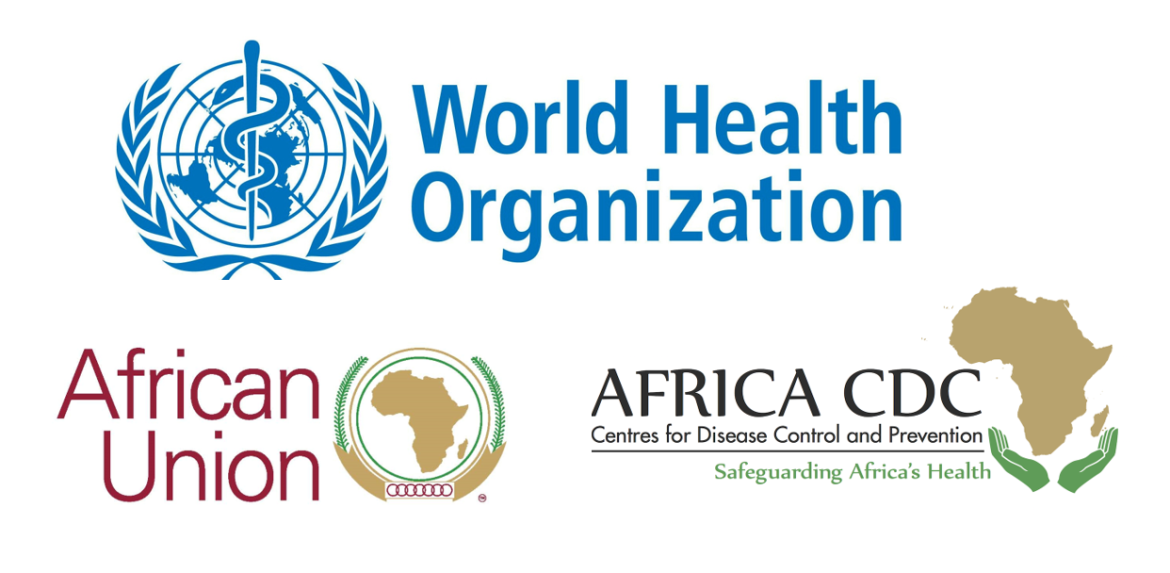By Muhammad Amaan
The Africa Centre for Disease Control (Africa CDC) and the World Health Organisation (WHO) have updated their joint Continental Response Plan for the Mpox emergency as the disease continues to affect new areas.
Both agencies said the revised strategy focuses on controlling outbreaks.
Aside from controlling outbreaks, the strategy would also ensure expansion of vaccination coverage and transitioning toward a longer-term and sustainable response.
Mpox is a viral illness that spreads between people, mainly through close contact, according to the WHO.
“It causes painful skin and mucosal lesions, often accompanied by fever, headache, muscle aches, back pain, fatigue, and swollen lymph nodes.
“The disease can be debilitating and disfiguring,” the global health body said.
The spread of the disease among people in 2022 and since late 2023 prompted the Africa CDC to declare a Public Health Emergency of Continental Security, and WHO also declared a Public Health Emergency of International Concern in August 2024.
Since the declaration of the emergency, both regional and global support has increased, particularly for the Democratic Republic of the Congo, the epicentre of the outbreak.
The Africa CDC and WHO Joint Continental Mpox Plan has guided these efforts, focusing on ten key pillars: coordination, risk communication and community engagement, disease surveillance, laboratory capacity, clinical management, infection prevention and control, vaccination, research, logistics, and maintaining essential health services.
However, the updated Continental Response Plan contained in a joint statement on Thursday on WHO’s website, both bodies called for intensified efforts to bring outbreaks under control, while also taking concrete actions to integrate mpox into routine health services.
Along with the continental response plan for Africa, WHO has updated the global strategic plan to curb – and where feasible, to stop – human-to-human transmission of mpox.
“In the first two months of 2025, 60 countries reported mpox, with the majority of cases and deaths reported from the African continent. The joint Continental Response Plan is aligned with the global strategy.
“Africa CDC and WHO continue to work closely with national governments, local communities, and partners to curb transmission, control the outbreak, and build longer-term resilience within public health systems,” the statement added.




